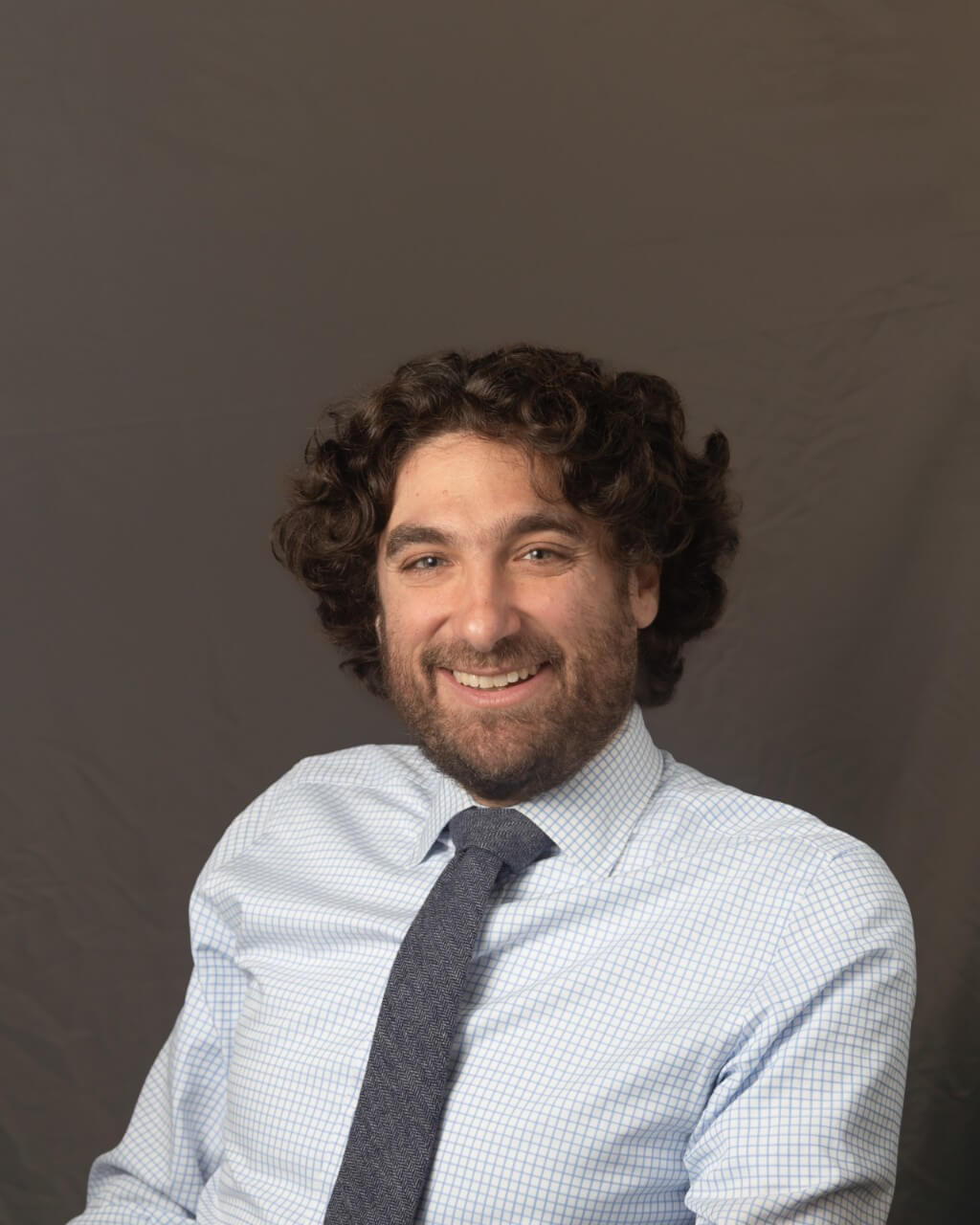Awards and Business meeting, Saturday: One of the real pleasures of LAWCHA is our awards. We now give out two book awards, the Taft (in conjunction with the Cornell ILR School) and the Montgomery (in conjunction with the OAH), the Gutman Dissertation Award, and the occasional distinguished service award. I serve on the Gutman prize committee, and it is both a joy and an honor to read the new scholarship emerging from graduate programs on labor and working-class history and to pick one dissertation to honor. Giving and getting awards is always fun, but I especially enjoy the warmth of LAWCHA’s award lunches, because everyone is always so genuinely happy for the winners and excited about their work.
We also give out an increasing number of graduate student travel awards; this year we gave 15.
In addition to giving out prizes, at the membership meeting today President Jim Gregory announced a new dues structure. Regular individual membership remains $50. But a discounted membership at $25 that was once reserved for students is now open to independent scholars, contingent faculty, unemployed people, and indeed anyone who feels like they cannot afford the regular membership. And to pay for that, there’s a new $85 contributing membership category for those who wish to support LAWCHA’s work and feel like they can afford to do so. We are hopeful that senior faculty will be moved by a spirit of solidarity to pay the extra amount.
I didn’t actively live-tweet the business meeting, but others did, and their tweets are below.

Jacob Remes is a historian of modern North America with a focus on urban disasters, working-class organizations, and migration. He is a founding co-editor of the Journal of Disaster Studies, the co-editor, with Andy Horowitz, of Critical Disaster Studies (University of Pennsylvania Press, 2021), and a series co-editor of the Penn Press book series Critical Studies of Risk and Disaster. His first book, Disaster Citizenship: Survivors, Solidarity, and Power in the Progressive Era (University of Illinois Press, 2016) examined the working class response to and experience of the Salem, Massachusetts, Fire of 1914 and the Halifax, Nova Scotia, Explosion of 1917. He has also written scholarly articles on a variety of other subjects ranging from interwar Social Catholicism to Indigenous land rights to transnational printers in the 19th century. His popular writing on subjects relating to his research has appeared in the Nation, Atlantic, Time, Salon, and elsewhere. Before coming to Gallatin,

